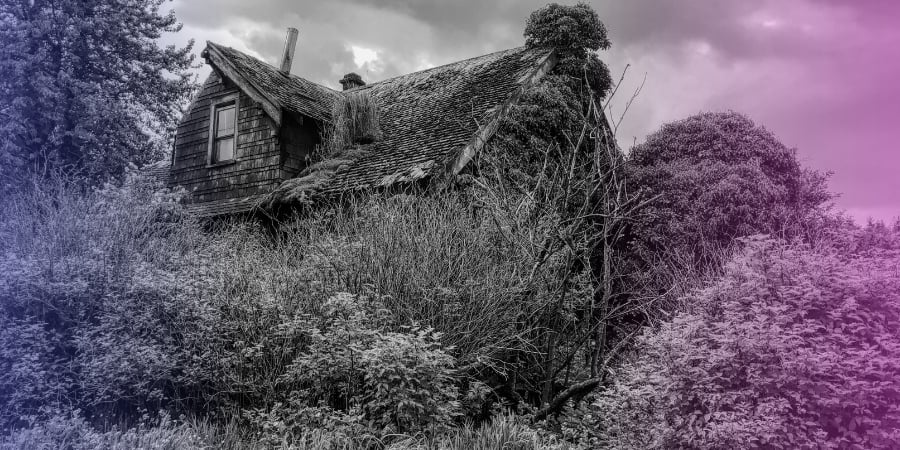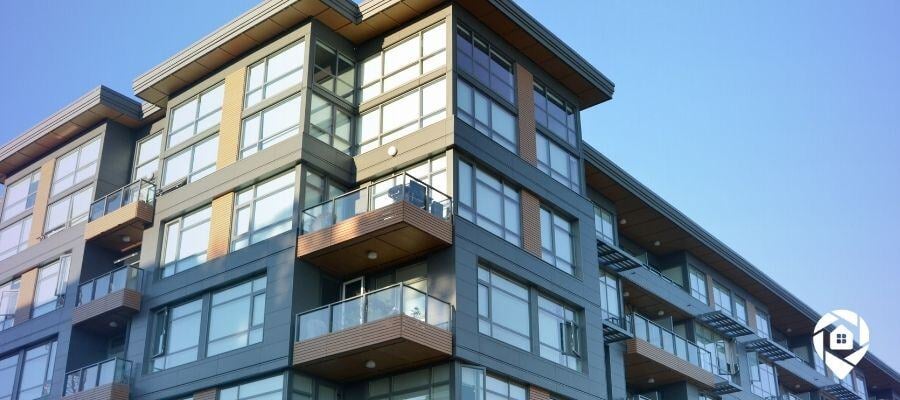
Demystifying Zombie Properties: Diving into Property Data

Real estate investors constantly seek unique opportunities to build their portfolio, and one of those unique avenues comes in the form of so-called 'Zombie Properties'. Having an understanding and awareness of these less-common property types can prove to be an asset for investors, property researchers, and real estate enthusiasts alike.
With good real estate property data, navigation becomes easier and investment decisions become smarter.
Definition of Zombie Properties
But before we delve further, let's demystify the term Zombie Property. In real estate lingo, a zombie property is a residential property that has been abandoned during the foreclosure process before the bank takes possession of it.
This limbo status makes them the 'undead' of the property market – neither truly alive nor completely dead. Property data plays a crucial role in identifying these types of properties, and the phenomenon of zombie properties ties into the broader conversation on the housing market for real estate investors.
The Rise of Zombie Properties
The phenomenon of zombie properties is not new, but it saw a substantial increase following the 2008 economic recession. As many homeowners struggled to make mortgage payments, banks began the foreclosure process on a large number of properties.
However, many of these foreclosures weren't completed, resulting in owners abandoning their homes in anticipation of eviction, thereby giving rise to zombie properties as more and more properties started to fall into disrepair. This often tends to happen when owners fail in structuring their finances for real estate investing success.

Understanding Property Data Associated with Zombie Properties
Investing in zombie properties may seem risky and troublesome, but a good grasp of property data can turn the tables around, making it a profitable venture. Key property data indicators such as delayed sales listings, incomplete foreclosure proceedings, unpaid property taxes and vacant or deteriorated property conditions point towards a potential zombie property.
Impact on Neighborhoods and Housing Market
Zombie properties can have adverse effects on neighborhoods and the broader housing market. They can bring down the value of surrounding properties and increase public safety issues. For local authorities, they are a burden as they often result in loss of property tax revenue and increased expenditure on demolition or maintenance.
Despite the negatives, zombie properties represent an intriguing aspect of real estate investing. They constitute a major factor in the supply and demand of single-family real estate.
Dealing with Zombie Properties
Armed with the right property data, real estate investors can navigate the murky waters of zombie properties. The first step is being able to recognize the criteria you need to be searching for. Next comes the more complex process of acquiring them, which often involves sorting out legalities with the original homeowner and lender.
Finally, the ability to repair or renovate can breathe new life into these undead properties. A deeper understanding of estimating rehab costs can also help in the renovation process.
In conclusion, while zombie properties might be something of a real estate oddity, they represent a potential goldmine for knowledgeable investors. A solid understanding of Property Data is crucial for anyone venturing into this unique and potentially lucrative area of real estate investing.
If you're interested in exploiting the hidden opportunities presented by zombie properties, DealMachine can provide comprehensive property data solutions to help investors make informed decisions. So why not dive in and explore the world of zombie properties?

About Benjy Nichols
Benjy has been a media specialist at DealMachine for the last 2.5 years. He produces, writes, shoots, and edits our media content for our member's DealMachine and Real Estate education.



